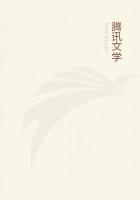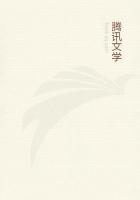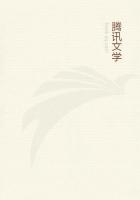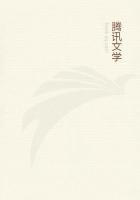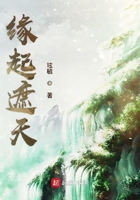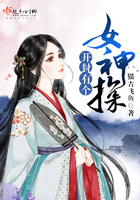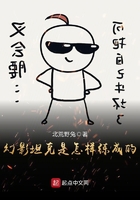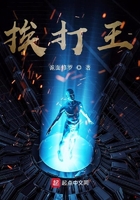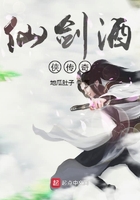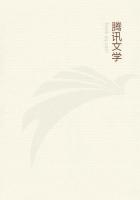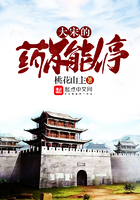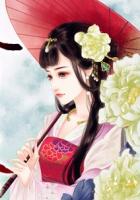ON THE MORNING of the 25th Pierre drove out of Mozhaisk. On the slope of an immense, steep, and winding hill, leading out of the town, Pierre got out of the carriage, and walked by a cathedral on the right of the hill, where a service was being performed. A cavalry regiment followed him down the hill, the singers of the regiment in front. A train of carts came up the hill towards them, filled with wounded from the previous day’s engagement. The peasant drivers kept running from side to side, shouting and whipping the horses. The carts, in each of which three or four wounded soldiers were lying or sitting, jolted up and down on the stones that had been thrown on the steep ascent to mend the road. The wounded men, pale and bandaged up, with compressed lips and knitted brows, clung to the sides, as they were shaken and jolted in the carts. Almost all of them stared with na?ve and childlike curiosity at Pierre’s white hat and green coat.
Pierre’s coachman shouted angrily at the train of wounded men to keep to one side of the road. The cavalry regiment, coming down the hill in time to their song, overtook Pierre’s chaise and blocked the road. Pierre stopped, keeping close to the edge of the road that had been hollowed out in the hill. The sun did not reach over the side of the hill to the road, and there it felt cold and damp. But overhead it was a bright August morning, and the chimes rang out merrily. One cart full of wounded men came to a standstill at the edge of the road quite close to Pierre. The driver, in bast shoes, ran panting up to his cart, thrust a stone under the hind wheels, which were without tires, and began setting straight the breech on his horse.
An old wounded soldier, with his arm in a sling, walking behind the cart, caught hold of it with his uninjured arm, and looked round at Pierre.
“Well, fellow-countryman, are we to be put down here or taken on to Moscow?” he said.
Pierre was so lost in thought that he did not hear the question. He looked from the cavalry regiment, which was now meeting the train of wounded, to the cart by which he stood, with the two wounded men sitting, and one lying down in it. One of the soldiers sitting in the cart had probably been wounded in the cheek. His whole head was done up in bandages, and one cheek was swollen as large as a baby’s head. All his mouth and nose were on one side. This soldier was looking at the cathedral and crossing himself. Another, a young fellow, a light-haired recruit, as white as though there were not a drop of blood in his thin face, gazed with a fixed, good-natured smile at Pierre. The third lay so that his face could not be seen. The singers of the cavalry regiment passed close by the cart.
“A! za-pro-pa-la …”
they sang the military dance tune. As though seconding them, though in a different tone of gaiety, clanged out the metallic notes of the chimes at the top of the hill. And the hot rays of the sun bathed the top of the opposite slope with sunshine sparkling with another suggestion of gaiety. But where Pierre stood under the hillside, by the cart full of wounded soldiers, and the panting, little nag, it was damp, overcast, and dismal.
The soldier with the wounded cheek looked angrily at the singing horse soldiers.
“Oh, the smart fellows!” he murmured reproachfully.
“It’s not soldiers only, but peasants, too, I have seen to-day! Peasants, too, they are hunting up,” said the soldier standing by the cart, addressing himself to Pierre, with a melancholy smile. “They can’t pick and choose now. … They want to mass all the people together—it’s a matter of Moscow, you see. There is only one thing to do now.” In spite of the vagueness of the soldier’s words, Pierre fully grasped his meaning, and nodded his head approvingly.
The road was clear once more, and Pierre walked downhill, and drove on further.
Pierre drove on, looking on both sides of the road for familiar faces, and meeting none but unfamiliar, military faces, belonging to all sorts of regiments, and all staring with the same surprise at his white hat and green coat.

